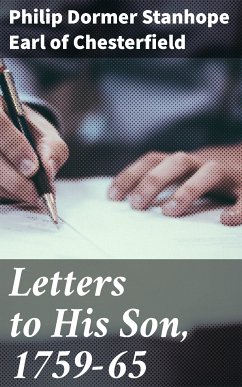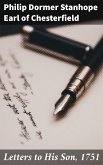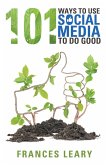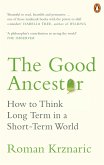In "Letters to His Son, 1759-65," Philip Dormer Stanhope, the Earl of Chesterfield, composes a series of elegant and astute letters aimed at imparting wisdom to his illegitimate son. Through a blend of personal insight and social critique, Chesterfield articulates the principles of gentlemanly conduct, eloquence, and the importance of education in social and political spheres. The literary style draws from the epistolary tradition, showcasing not only a mastery of prose but also a keen psychological insight into human behavior and the complexities of societal interaction during the 18th century. The work serves as both a guide and a reflection of the Enlightenment's values, emphasizing reason, decorum, and the cultivation of one's social persona. Chesterfield, a prominent statesman and diplomat, was shaped by his own experiences in the courts of Europe and the intricacies of British society. His formidable education and upbringing, alongside his status as a member of the aristocracy, equipped him with a profound understanding of the social expectations placed on individuals. Chesterfield's paternal approach transcends mere advice; it becomes a legacy of social grooming that reflects the era's preoccupations with class, communication, and self-improvement. This book is an essential read for anyone interested in the art of letter-writing or the nuances of 18th-century etiquette. Chesterfield'Äôs epistles are rich in wisdom and wit, making them not only a historical artifact but also a timeless guide to personal and social development. Readers will find themselves enriched by his insights, which remain relevant in today's discourse on manners and personal philosophy.
Dieser Download kann aus rechtlichen Gründen nur mit Rechnungsadresse in A, B, BG, CY, CZ, D, DK, EW, E, FIN, F, GR, H, IRL, I, LT, L, LR, M, NL, PL, P, R, S, SLO, SK ausgeliefert werden.









